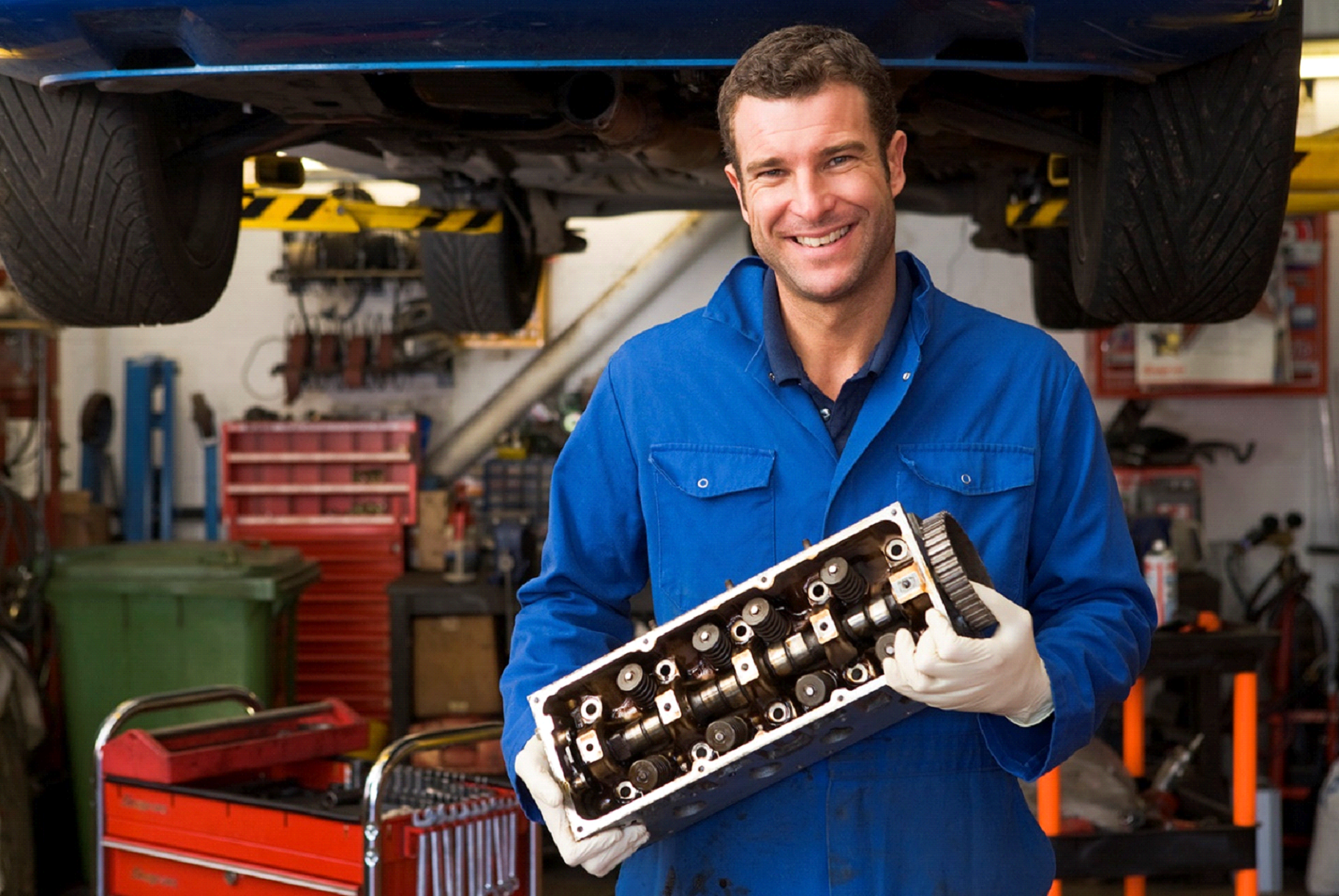Crankshaft
Press together and bolt together cranks can easily become out of balance and out of phase. This will cause excessive vibrations or shaking, loss of power, and poor main bearing life. Loud noises from the crank case can be caused by a scissoring condition (when flywheel halves are no longer aligned) which is very common among used engines. Excessive play in connecting rods due to rod bearings being worn out can also cause the conditions listed above.
A trued and welded crank will run more efficient, create more power, run smoother, and stay trued longer; which will prolong surrounding component life expectancy better than an equivalent crank that has not been trued to less than .0015″ of run out with a welded pin in place.
Crankshaft Bearing Noise
Crankshaft bearing noise is also caused by low oil pressure which damages the bearing surfaces and could eventually damage the crankshaft itself. This type of noise is usually described as a rumbling or thumping sound deep in the engine when accelerating. If this sound is heard, it is extremely important that the engine not be run again until the oil pan is removed and the crankshaft bearings are inspected. In many cases the engine can be saved if the crankshaft is not damaged. A mechanic will fix the problem by replacing the bearings and solving the oil pressure problem. Bearing shells are what the crankshaft rotates within. If you continue to run the engine with this condition, you will most certainly cause a major engine failure. It is also a high possibility that when you hear the noise it may be too late to save it without removing the engine. This can be an expensive repair in the four figure cost range.

